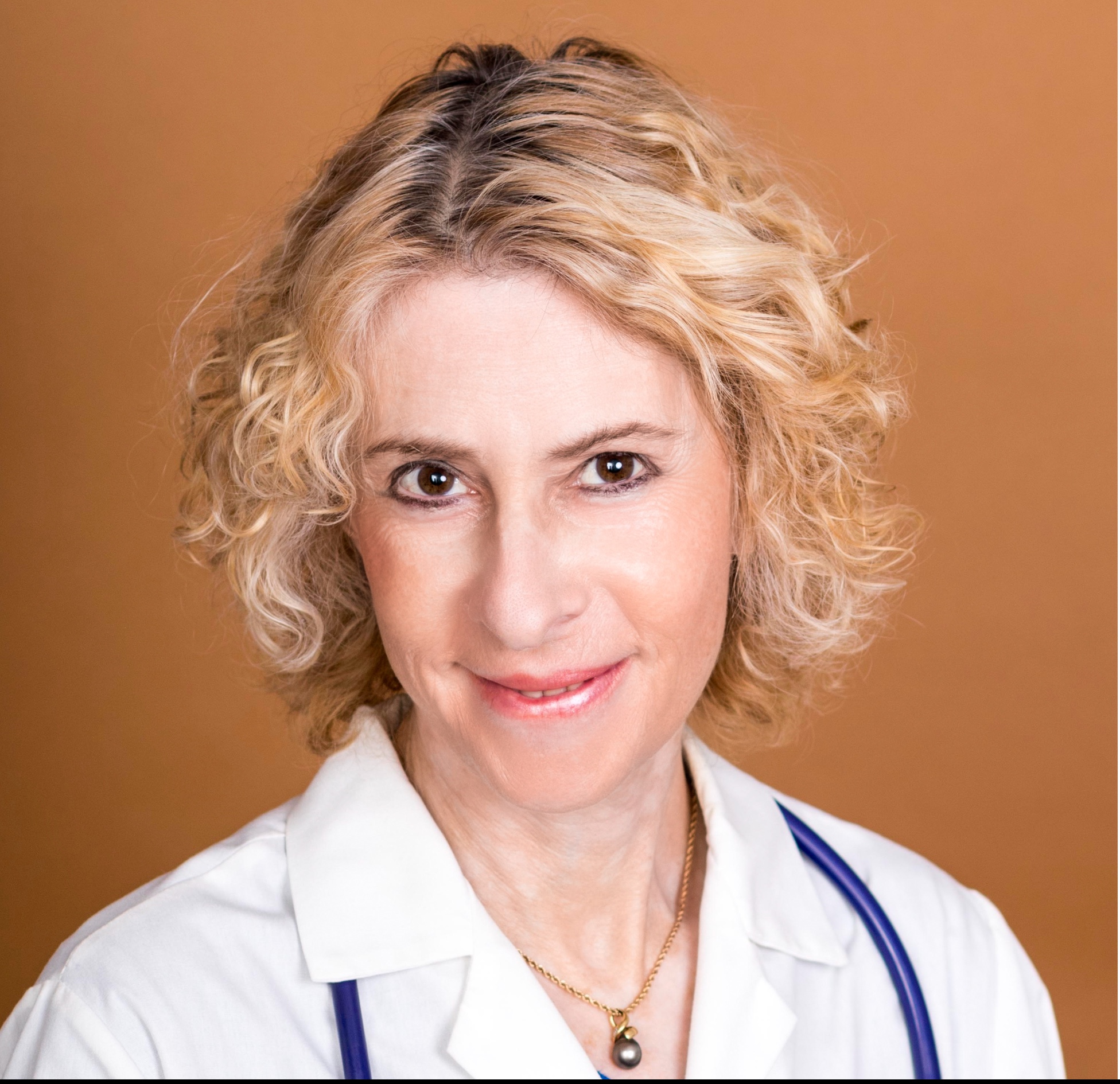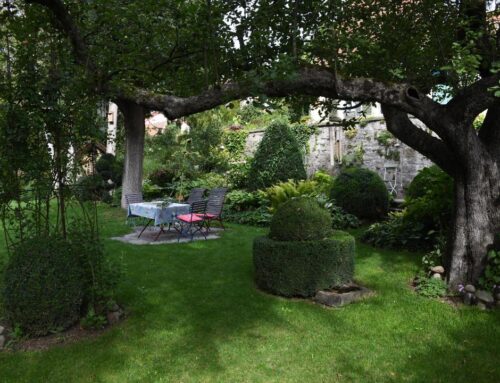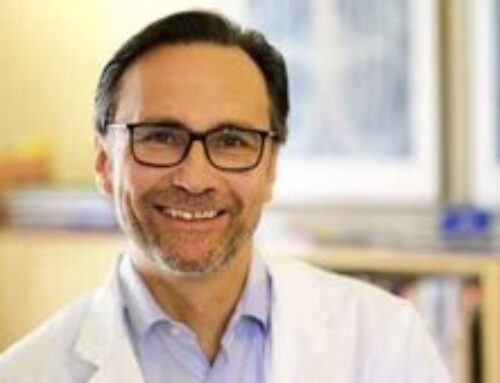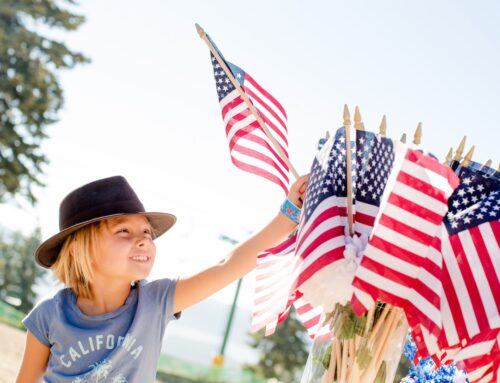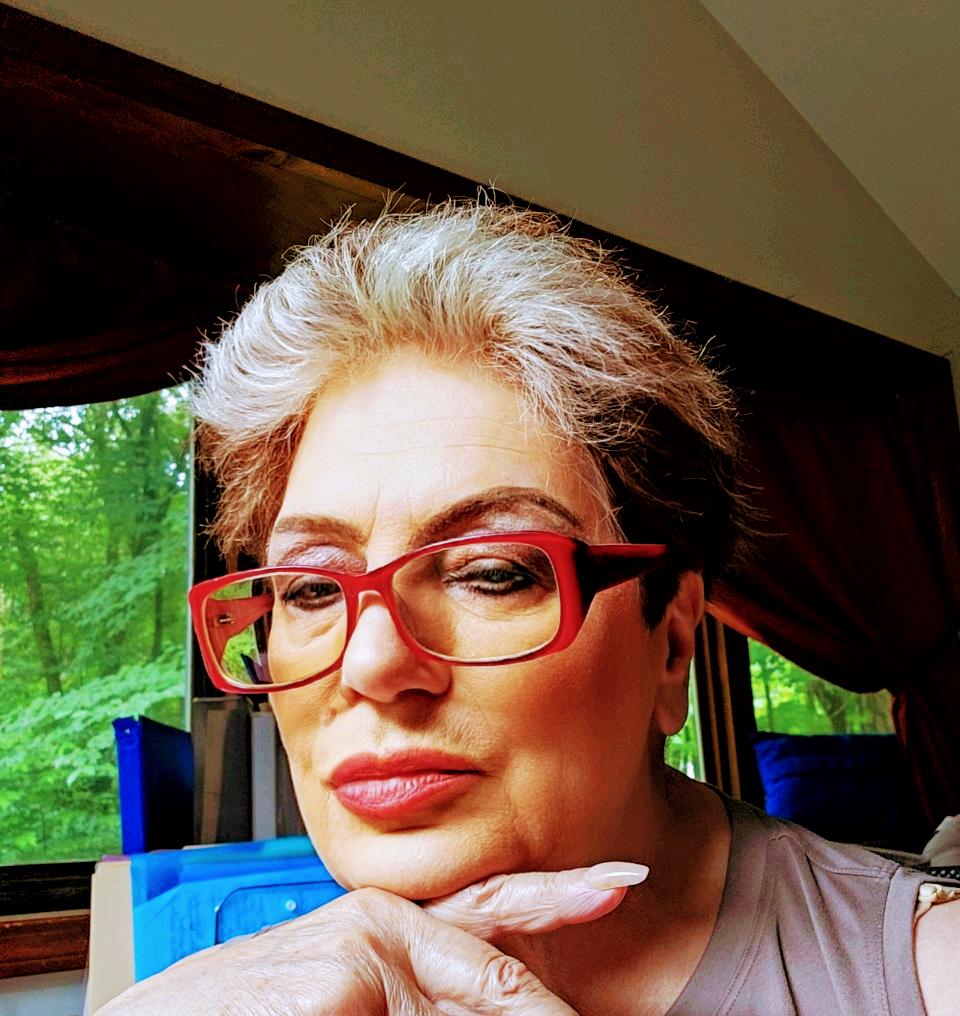Getting first-hand information from refugees, and touring a region of Poland, Ukraine, and Germany were on Dr. Chris Gilbert’s itinerary. We thank Dr. Chris for sharing her story and experience on LifeTalk with Mariette Radio Program www.LifeTalkMariette.com
Below is Dr. Chris’s article and interview with Doctors Without Borders Psychologist Marie Thomas
https://www.psychologytoday.com/us/blog/heal-the-mind-heal-the-body/202205/psychological-first-aid-in-ukraine
By Dr. Chris Gilbert
Psychological First Aid in Ukraine
- Marie Thomas, a psychologist working for Doctors Without Borders (MSF), created a team of 8 health care workers at the Ukraine-Moldovan border.
- The 12 main achievements of the MSF team are described here as well as the problems they faced.
- With fewer people arriving at the Ukrainian-Moldovan border, MSF is now re-focusing its efforts on deploying over 550 personnel all over Ukraine.
Marie Thomas working for Doctors Without Borders welcoming Ukrainian refugees in Palanca.
Source: Copyright Peter Bräunig/Doctors Without Borders used with Doctors Without Borders’ permission.
I interviewed Marie Thomas, a psychologist working for Doctors Without Borders a.k.a. Médecins Sans Frontières (MSF). Marie went on an MSF mission in March 2022 to two sites: one in Ukraine, at the Moldovan border, and the other one in Palanca, five kilometers into Moldova. Her mission was to evaluate what was urgently needed by refugees and to create a team of Moldovan workers to address those needs.
Marie said that at the border between Moldova and Ukraine, lots of buses and cars were arriving, mostly from the towns of Odesa and Mykolaiv in Ukraine. Sometimes five buses with at least 60 people on each bus would arrive at the same time.
The scenes there were hectic, with women and children crying, having to separate from men between the ages of 18 and 60, who were prohibited by law from leaving Ukraine.
At the border between Moldova and Ukraine, MSF was the only relief organization (with volunteers from the Moldovan government) helping refugees who would typically spend 15 minutes to 2 hours there.
MSF’s second site, Palanca, offered Ukrainian refugees an overnight place to stay while waiting to travel to other parts of Moldova or to other countries.
Marie recounts that she recruited a Moldovan community healthcare worker who had experience supervising and coordinating projects. This community healthcare worker recruited six other Moldovan workers. So, the MSF team was made of 8 people, Marie, who is French, and, as Marie said, “seven extraordinary Moldovan women.”
The temperature was -10 degrees Celsius (14 degrees Fahrenheit) and, in the beginning, the team worked in tents without heat. Fortunately, soon after, MSF ordered large, prefabricated dwellings which were well heated.
The refugees were mostly Ukrainian women and children (often with their pets) but there were also older handicapped people as well as Roma people who had their belongings in trash bags. Those Roma women were very young, and often much poorer than Ukrainian women.
At both sites (the border and in Palanca), Marie and her team worked on providing psychological first aid. Here are what Marie describes as her team’s 12 best achievements:
12 goals achieved by Marie and her team in March 2022:
- Evaluate the primal needs of refugees: Evaluate the refugees’ need for food and water, clothes, and hygiene products and direct the refugees to where they could find what they needed.
- Evaluate the psychological health of refugees: Teach the newly created MSF team to evaluate the severity of the refugees’ psychological health: Marie mentioned that it isn’t always the people who cry the loudest who are the most affected and the most vulnerable. The people who are listless, frozen, and don’t talk might need urgent psychological help. The seven Moldovan healthcare workers were taught to attend to those people, reassure them, inform them, and also to respect their silence.
- Teach Healthcare workers how to talk to refugees: The healthcare workers were also taught how to talk with refugees and asked questions such as, “How can I best help you?” or “What do you need?” MSF also taught the Moldovans what questions not to ask, such as, “What did you go through?” or “Where is your husband?” It was important to allow the refugees time to sit down and relax.
- Provide traveling information: Important information was given to the refugees on where to go from Palanca and how to get to the different towns and/or countries.
- Teach refugees simple relaxation techniques like deep breathing using colors: The team was taught to ask each person which color was calming and was a “good” color for them, and which color was anxiety-producing and a “bad” color for them. After determining which color was which, the mother or the child, or both at the same time we’re asked to breathe deeply, imagining the “good” color coming into their lungs, and then to exhale imagining the “bad” color coming out of their lungs, repeating this 3 to 10 times, until they felt more relaxed.
- Create a welcome area for kids: MSF created a welcome area for kids with toys, tables at their height, as well as drawing materials. The kids loved to talk to each other and draw. This gave them a few minutes of normalcy in their hectic day. The kids’ drawings were displayed on the walls for everybody to admire, and the kids loved that.
- Give kids a mini plush animal as a companion for the children’s journey: New mini plush animals were bought by MSF locally and one toy was given to each child. That toy was going to be with the child for the rest of the trip, be the child’s companion, and help the child throughout the child’s journey. That usually brought a smile to the child’s face.
- Provide baby carriers and baby rattles: The team also provided baby carriers and baby rattles because there were a lot of very young children. The youngest newborn Marie saw was two weeks old.
- Create private areas with fresh diapers and wipes: MSF created private areas with fresh diapers and wipes for women to change their baby’s diapers and breastfeed.
- Create an area with free clothes: There was an area with free clothes where all the clothes were sorted by size (a considerable amount of clothes were donated by the people of Moldova).
- Help families communicate with their loved ones: It was important that the families could continue communicating with their loved ones who stayed in Ukraine. Despite the fact that most of the refugees had cell phones, those cell phones couldn’t be used once they crossed into Moldova, so MSF team members used their own phones to dial refugees’ family numbers while the Moldovan government provided free sim cards so that the refugees could keep in touch with their loved ones.
- Provide wheelchairs (with the support of Handicap International) and strollers: MSF provided wheelchairs (with the support of Handicap International) for handicapped people and strollers for children because a lot of handicapped people had left without their wheelchairs and a lot of women had left without their strollers (wheelchairs and strollers couldn’t fit in buses).
What is the situation in May 2022?
Due to the decrease of new arrivals in Palanca, the two MSF sites just closed.
MSF is employing over 550 people inside Ukraine, training medical personnel, and providing medical supplies & mental health support.
Source: Copyright MSF/ Doctors Without Borders, used with Doctors Without Borders’ permission.
Because there are now over 8 million displaced people (according to the International Organization for Migration) inside Ukraine, MSF has extended its activity in Ukraine, employing over 550 people working in Ukraine all over the country, training hundreds of physicians and nurses, providing medicine and medical supplies to local hospitals in need, and providing mental health support to refugees and to local medical teams.
In each Kharkiv subway station, hundreds of people sleep at night.
Source: Copyright Mohammad Ghannam/Doctors Without Borders. used with Doctors Without Borders permission.
MSF now organizes several mobile medical clinics throughout Ukraine, among those, underground mobile medical clinics in the subway of Kharkiv (northeastern Ukraine) where, according to local authorities, 350,000 people still live.
MSF teams go from one station to the other providing psychological help and treating simple medical problems such as upper respiratory infections and hypertension. MSF also gives out water filters so that people have drinkable water, cleaning supplies, and microwave ovens so that people can warm their food.
MSF organizes medical trains to evacuate wounded patients from the East to hospitals in Lviv and educates medical staff on how to deal with mass casualties.
Copyright 2022 @Chris Gilbert, MD, PhD
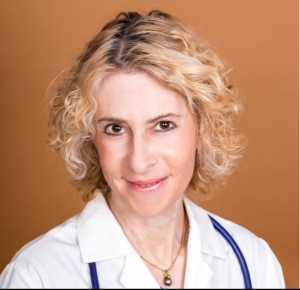
Author & Speaker: Chris Gilbert, M.D., Ph.D.
Author of “The Listening Cure” (SelectBooks 2017)

